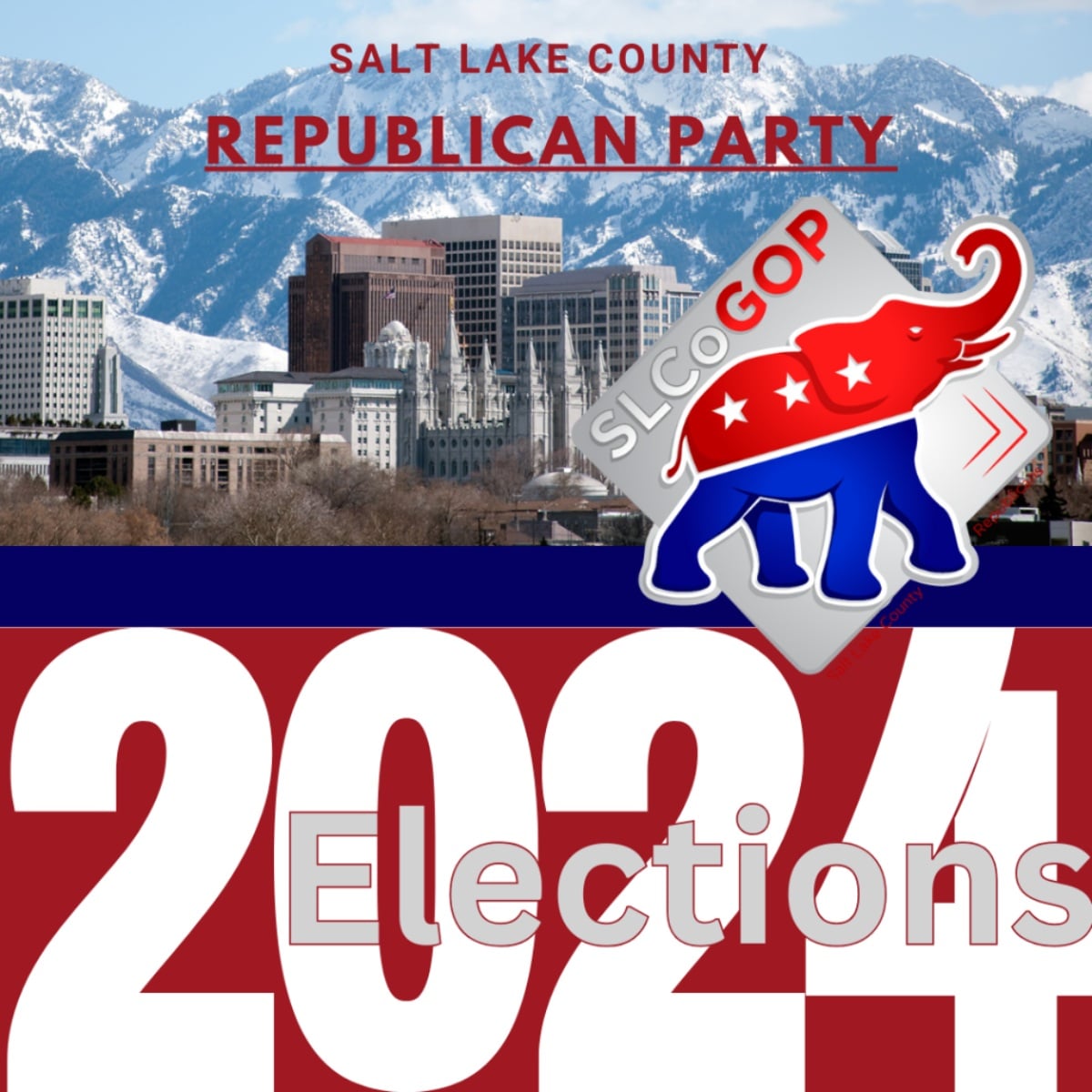Tension is mounting within the Salt Lake County Republican Party over a recent mailer, which could signal a broader rift in the GOP. The mailer, titled “2024 Primary Ballot Candidate Guide,” listed only candidates who received 40% or more at the convention, excluding others like incumbent Gov. Spencer Cox, who will appear on the June 25 ballot.
Chris Null, chair of the Salt Lake County GOP, acknowledged that the party had never sent such a mailer before. He stated it was intentional, aiming to amplify the party’s voice through the delegates. Null emphasized that the county party only recognizes the convention process, not the signature-gathering method.
An anonymous GOP source criticized the mailer, suggesting it promotes the leadership’s agenda rather than informing voters. The source warned that if the listed candidates lose, it could erode trust between GOP nominees and the county party.
Corey Norman, chief of staff for Rep. John Curtis, commented that their campaign remains focused on engaging voters directly and sharing John’s conservative agenda.
Null defended his actions, saying his role is to follow the delegates’ wishes, not push his own ideas. He explained that the mailer aimed to help candidates with name recognition issues secure the Republican nomination. Null is a strong supporter of the caucus-convention system, believing it provides a level playing field for average citizens to run for office.
However, the GOP source argued that current county leadership might be wasting resources that could have been used in the November elections, potentially allowing Democrats to gain seats. Null blamed SB 54, which established the signature-gathering path, for increasing campaign costs.
Null stated that the county GOP would not support candidates who win the primary without securing at least 40% of the delegates’ votes at the convention. In contrast, Utah Republican Party chair Rob Axson affirmed that the state party would fully support any Republican primary winner.
Axson highlighted that convention winners cannot use party resources to demean other Republicans. He acknowledged that disagreements are natural during election cycles, but believed that such tensions are part of a healthy constitutional republic.
Axson also praised the caucus-convention system for fostering deep engagement between candidates and voters. He noted that despite claims to the contrary, many convention winners do succeed in primaries, especially when unopposed.
He urged Republican primary voters to research and choose candidates who best represent their values, emphasizing that unity would return post-primary.
